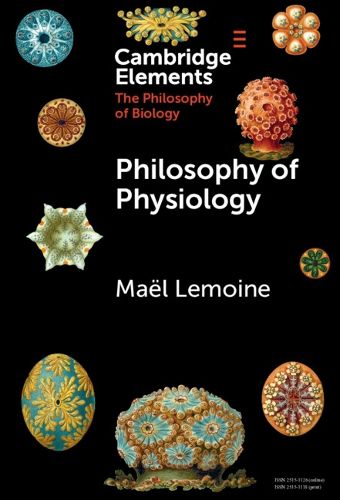Readings Newsletter
Become a Readings Member to make your shopping experience even easier.
Sign in or sign up for free!
You’re not far away from qualifying for FREE standard shipping within Australia
You’ve qualified for FREE standard shipping within Australia
The cart is loading…






Time is ripe to complement the question 'what is health and disease?' in philosophy of medicine with a 'philosophy of physiology.' Indeed, the actors in this debate share the conviction that a 'foundational' concept dictates to this scientific field what is to be considered healthy or pathological and leaves it to explore only facts and mechanisms. Rejecting this presupposition, philosophy of physiology accepts that biomedical sciences explore and redefine their own object: the healthy, the pathological. Indeed, various theories of disease and health, that philosophers have rarely studied, form the core of biomedical research, too hastily considered as a science 'without theories.' The Element identifies them, and clarifies their content, presuppositions, and scope. Finally, it proposes a new question about the unity of the pathological phenomenon: not 'what do all diseases have in common?' but rather, 'why is the susceptibility to disease a universal and necessary characteristic of living beings?'
$9.00 standard shipping within Australia
FREE standard shipping within Australia for orders over $100.00
Express & International shipping calculated at checkout
Time is ripe to complement the question 'what is health and disease?' in philosophy of medicine with a 'philosophy of physiology.' Indeed, the actors in this debate share the conviction that a 'foundational' concept dictates to this scientific field what is to be considered healthy or pathological and leaves it to explore only facts and mechanisms. Rejecting this presupposition, philosophy of physiology accepts that biomedical sciences explore and redefine their own object: the healthy, the pathological. Indeed, various theories of disease and health, that philosophers have rarely studied, form the core of biomedical research, too hastily considered as a science 'without theories.' The Element identifies them, and clarifies their content, presuppositions, and scope. Finally, it proposes a new question about the unity of the pathological phenomenon: not 'what do all diseases have in common?' but rather, 'why is the susceptibility to disease a universal and necessary characteristic of living beings?'